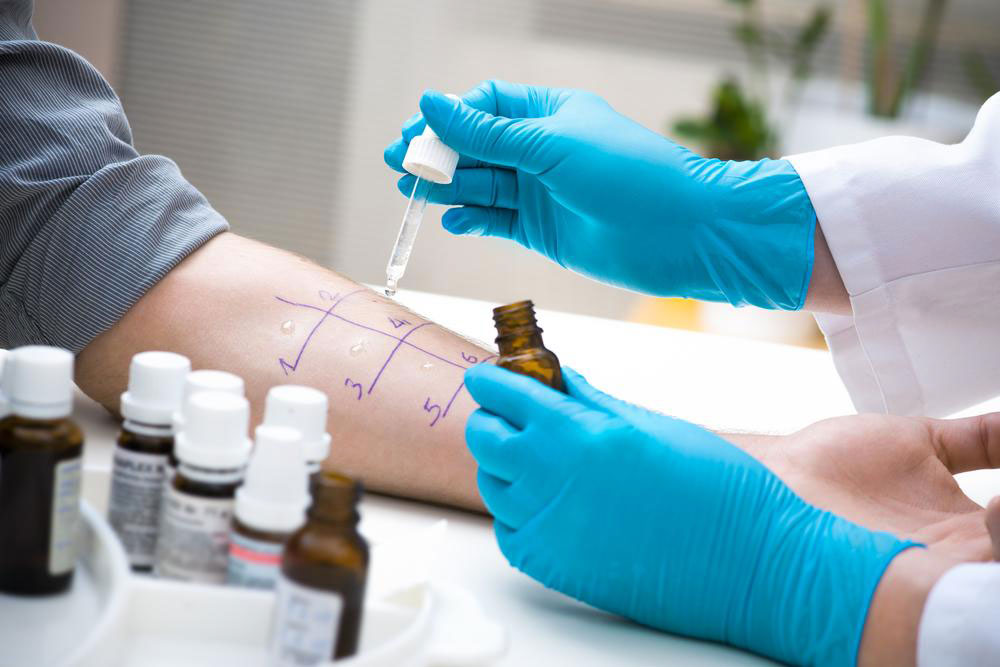
All you Need to Know Facts about Drug Allergies
Allergies to medications are the abnormal reaction of the immune system to them and can manifest in many ways, from skin eruptions to near-fatal reactions. Any kind of medication, be it over-the-counter, prescription, or herbal, can cause an allergic reaction. The allergy occurs when your immune system treats the medicine as a harmful substance, like a bacterium or a virus. It develops an antibody to it, sensing it as a harmful substance.
This can happen the first time you take medicine or on repeated exposure to the medication. Drug allergies are different from drug side effects or drug toxicity. A side effect is a possible reaction by the body to the drug. Drug toxicity is caused by an overdose of medication. Here are the facts on drug allergies:
1. Symptoms of drug allergy
The symptoms of the allergy can occur within a few hours of taking the medication, or after a few days, or even weeks later. Some of the symptoms are:
- Hives
- Itching and skin rash
- Swelling
- Fever
- Wheezing and runny nose
- Itchy and watery eyes
2. Anaphylaxis
Anaphylaxis is a life-threatening reaction to any kind of medication. This allergy type causes widespread the person to choke and the body systems to go into shock. It should be treated immediately with medical care. The symptoms of anaphylaxis are:
- Drop in the blood pressure
- Trouble breathing
- Vomiting or diarrhea
- Seizure
- Fainting
3. Less common drug reactions
There are some less common drug allergy reactions. These can occur a while after you are exposed to a medication and it can continue even after you stop taking it. These conditions are:
- Drug rash with eosinophilia and systemic symptoms (DRESS), which results in rash, high white blood cell count, swelling of lymph nodes, and recurrence of hepatitis.
- Nephritis, which is a condition that results in fever, swelling, and confusion, among other symptoms.
- Some medications can cause a reduction in red blood cells, leading to anemia. This can cause fatigue, irregular heartbeats, shortness of breath and other symptoms.
- Serum sickness is an allergic reaction to an injection of serum. It is characterized by skin rashes, joint stiffness, and fever.
4. Common allergic drugs
Drug allergy can be caused by a drug or by a component in the drug. Dyes, egg proteins, and latex are some of the components of it which may cause allergies. Medications that mostly cause these allergy types are:
- Antibiotics like penicillin
- Pain relievers like aspirin and ibuprofen
- Insulin
- Iodine
- Chemotherapy medication
- Immuno-suppressants prescribed for autoimmune diseases like rheumatoid arthritis
- HIV medication
5. Treating drug allergies
You have to wean away from the medication you suspect to be a cause for this allergy type. You can treat rashes with skin ointments or creams. Oral antihistamines can also be used. Antihistamine injections and steroids are given for severe allergies while epinephrine is used to treat anaphylaxis or any severe breathing difficulty. This is administered intravenously. In certain situations, if a medication is needed and there are no alternatives, the doctors will try to desensitize the individual by giving small amounts of it and slowly increasing the amount of the medicine over time.
6. Precautions
If you have a drug allergy, always make sure you inform your doctor before any medicines are prescribed for any illness. Record it in your medical records and keep it in mind during dental visits. This is very important as we tend to forget to inform the dentist about allergies during dental visits.


